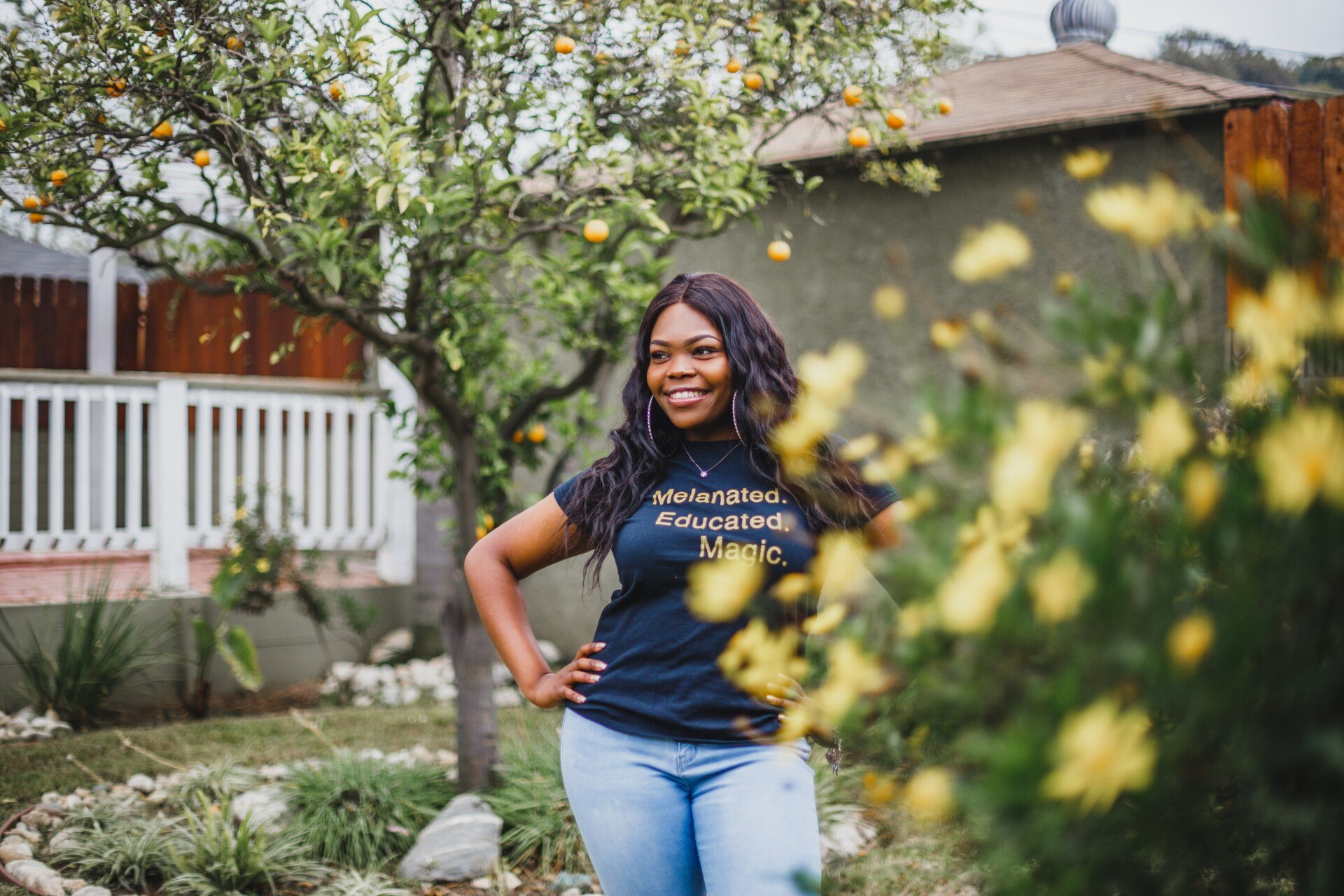The allure of marrying a Dominican Republic bride has captured the hearts of many men around the world. The Caribbean nation’s vibrant culture, hospitable people, and stunning natural scenery form a backdrop that can make any love story seem like a fairy tale. However, before embarking on this exciting journey, it is essential to understand the associated costs. The expenses involved can range from the courtship phase to wedding ceremonies and even the legal processes. In this blog post, I will outline the various costs associated with marrying a Dominican Republic bride to help you plan accordingly.
Understanding the Courtship Process
Travel and Accommodation
The first significant expense you’ll encounter in the quest to marry a Dominican Republic bride is travel. Flights can vary considerably in cost, depending on your point of origin. On average, a round-trip ticket from the United States to the Dominican Republic can range from $300 to $800. Additionally, if you plan multiple visits, these costs will add up.
When you visit, you’ll need a place to stay. The accommodation costs can differ based on the type of lodging you choose. A stay at a mid-range hotel typically costs between $50 and $100 per night. On the other hand, you can find budget accommodations for as low as $25 per night. However, for those seeking luxury, upscale resorts can charge anywhere from $150 to $500 per night.
Entertainment and Dining
A significant part of courting involves spending quality time together. This means you’ll likely dine out frequently and enjoy various forms of entertainment. While dining in the Dominican Republic is relatively affordable, meals at a nice restaurant can still range from $20 to $50 for two people. If you prefer a more lavish dining experience, the costs can rise to $100 or more per meal. Additionally, entertainment expenses such as visiting tourist attractions, nightlife activities, and gifts will further add to your courtship budget.
Legal and Documentation Costs

Other key expense that you should consider are the various visas required. For instance, if you plan to bring your bride-to-be to your home country for a visit or to get married, you’ll need to apply for either a fiancée visa or a marriage visa. The cost for these can vary depending on the destination country, but for the United States, a K-1 Fiancée Visa application fee costs approximately $535. Processing times and legal fees can also add up, often running into thousands of dollars if you opt for professional legal assistance.
Translation and Notary Services
You’ll encounter several documents, such as birth certificates, that need to be translated and legally notarized. Translation services can range from $25 to $50 per page. Notary fees typically cost between $10 and $20 per document. Although these fees seem minor, they accumulate over time, especially if you have numerous documents requiring processing.
Wedding Ceremony Expenses
Venue Costs
Venue costs form the cornerstone of your budget. Depending on whether you opt for a beach ceremony, a hotel ballroom, or a private villa, expenses can range dramatically. Renting a private villa for a day can cost between $1,000 and $5,000, whereas a less extravagant venue might cost around $500 to $1,500.

Catering, Decorations, and Music
The cost of a wedding in the Dominican Republic varies significantly based on your preferences. Catering typically costs between $20 and $100 per person, reflecting the range from simple buffets to gourmet multi-course meals. Decorations and floral arrangements can set you back anywhere from a few hundred to several thousand dollars, depending on the intricacy and material quality. Music, though essential for creating a festive atmosphere, can also vary based on whether you decide to hire a DJ or a live band. DJs usually charge between $300 and $1,000, while live bands can cost up to $3,000 or more.
Post-Wedding Expenses
Legalization and Residency
After the wedding, there are additional costs related to legalizing the marriage and obtaining residency permits. For the US, filing for an adjustment of status after marriage costs around $1,225, including biometrics. There are also other incidental costs such as medical examinations and additional documentation fees which may add an extra $200 to $500.

Travel for Family Members
If you wish to celebrate your nuptials with family and friends who live abroad, covering their travel and accommodation can be another significant expense. Assuming you cover travel costs for four family members, you might be looking at an additional $2,000 to $4,000.
Honeymoon
You can’t forget the honeymoon. While considered part of the post-wedding expenses, planning a memorable honeymoon can cost between $2,000 and $10,000 depending on the destination, duration, and level of luxury you desire. Given that the Dominican Republic
What are the Reasons for Dominican Women to Become Mail-brides?
Economic challenges are a significant driving force behind many Dominican women seeking relationships abroad. The Dominican Republic, despite its picturesque landscapes and booming tourism industry, grapples with economic imbalances. Many individuals face financial hardships that limit opportunities for personal and professional advancement. This reality encourages Dominican women to look beyond their borders towards countries with more stable economies.
International marriages often present a path to financial security. Partners from more affluent nations can offer not only emotional support but also economic stability. Consequently, Dominican women see marriages to foreigners as a viable alternative to improve their quality of life and that of their families. This pragmatic approach is not unique to the Dominican Republic; it is a common sentiment among individuals seeking better living conditions through international marriages.
The Enchantment of Global Opportunities

Other compelling reason is the allure of diverse cultural experiences. Dominican culture is rich and vibrant, characterized by a unique blend of Spanish, African, and Taíno influences. However, the prospect of experiencing new cultures is unarguably enticing. Foreign grooms bring with them different traditions, lifestyles, and perspectives which can be fascinating and attractive.
Moreover, intercultural relationships can enrich one’s life in numerous ways. Through such unions, Dominican women gain exposure to different languages, cuisines, and customs. This cultural multiplicity can be seen as a means of personal growth and expanded worldview, offering an exhilarating journey away from the familiar.
Aspiring for a Brighter Future
The promise of access to better educational and professional opportunities also motivates many Dominican women to seek international partnerships. While the Dominican educational system has made significant strides, countries such as the United States and Canada offer broader academic and professional opportunities. Marrying a foreign national can provide the stepping stones necessary to pursue higher education or embark on a promising career.
A union with a foreign partner often creates a conduit to such aspirations, paving the way for both educational enhancement and career advancement. Whether through direct support or relocation to countries with advanced educational frameworks, these relationships can significantly improve prospects for a sophisticated and well-rounded future.

Social Perceptions and Norms
Social perceptions and evolving relationship norms also play a critical role. In the Dominican Republic, like many other places, there exists a societal pressure to marry and start a family at a relatively young age. This conventional expectation may push women to consider every possible avenue, including international marriages.
Adding to this is the global shift towards more accepting and inclusive notions of love and partnerships. The stigma surrounding intercultural and international marriages has considerably diminished. Many now view such unions as a celebration of diversity and love that transcends borders. Hence, Dominican women feel more empowered and less constrained by traditional norms to explore international avenues for fulfilling relationships.
Embracing Modern Romance
Ultimately, the romanticized notion of love knows no boundaries plays an essential part. The dream of finding a soulmate in a far-off land, amidst adventures and experiences, can be incredibly captivating. The digital age has further fueled this fantasy, with countless stories of successful, loving international marriages easily accessible online.
Dominican women, like many others, are drawn to the idea of finding true love regardless of geographic limitations. They pursue these chances with hope and optimism, believing in the potential of genuine, loving relationships that defy distance and cultural differences. The essence of human connection, after all, remains universal and profoundly compelling.
Are Dominican Republic Brides Open to Relocating?
Prime to understand the cultural and social background of Dominican Republic brides. As someone who has extensively studied and interacted with many women from this region, I can affirm that family values hold immense importance. Dominican society tends to be close-knit, where familial ties and traditions play pivotal roles in shaping individual decisions.

Although these strong family bonds might suggest a reluctance to relocate, it is crucial to remember that Dominican women are also known for their adaptability and resilience. They embrace new opportunities with open arms, even if it means moving away from their comfort zones. Hence, while the familial structure might initially pose a challenge, it is not an insurmountable hurdle.
Economic Considerations
Economic factors significantly affect the decision to relocate. The Dominican Republic, despite its beautiful landscapes and rich culture, faces economic disparities. Employment opportunities are limited, and the cost of living relative to average income can be quite burdensome. For many women in this country, relocating to a more economically stable country presents a chance for financial improvement and stability.
Many Dominican brides see relocation as a pathway to better educational and career prospects. By moving to a country with a stronger economic framework, they can contribute more significantly to their family’s well-being and future. This economic incentive plays a critical role in their openness to move abroad.
Relationship Dynamics
The dynamics within the relationship between prospective partners play a crucial role in the decision to relocate. A strong, healthy relationship built on mutual trust and respect can make the idea of relocating more appealing. When a Dominican bride feels assured of her partner’s commitment and the stability of the relationship, she is more likely to consider the significant step of moving to a new country.
Moreover, it’s essential to note that communication is key. Open discussions around expectations, future goals, and life adjustments can significantly ease the decision-making process. When both partners are aligned in their visions and aspirations, the transition becomes smoother and more attainable.
Emotional Resilience
Another vital aspect to consider is the emotional resilience of Dominican brides. Relocating to a new country entails leaving behind familiar surroundings, family, and friends. It requires a tremendous amount of emotional strength to adapt to a new culture, learn a new language, and build a new social network.
From my observations, Dominican women possess a remarkable inner strength and adaptability. They are often motivated by their aspirations for a better life and the desire to explore new horizons. This intrinsic motivational drive enables them to overcome the emotional challenges associated with relocation.
Practical Aspects
Addressing the practical aspects of relocation, such as legal documentation and logistical arrangements, is imperative. Immigration laws, visa requirements, and housing arrangements need to be meticulously planned. Dominican brides who are considering relocation benefit greatly from having a supportive and well-informed partner to navigate these complexities.
Furthermore, continuous support during the transition period is vital. The initial months in a new country can be overwhelming; hence, having a robust support system in place can make a significant difference. Assistance with understanding the local culture, connecting with community groups, and acquiring necessary resources can facilitate a smoother integration process.
Conclusion
The willingness of Dominican Republic brides to relocate depends on a multifaceted interplay of cultural, economic, relational, emotional, and practical factors. While challenges do exist, the potential for a better quality of life, enhanced career opportunities, and a fulfilling relationship often outweighs the initial uncertainties.


